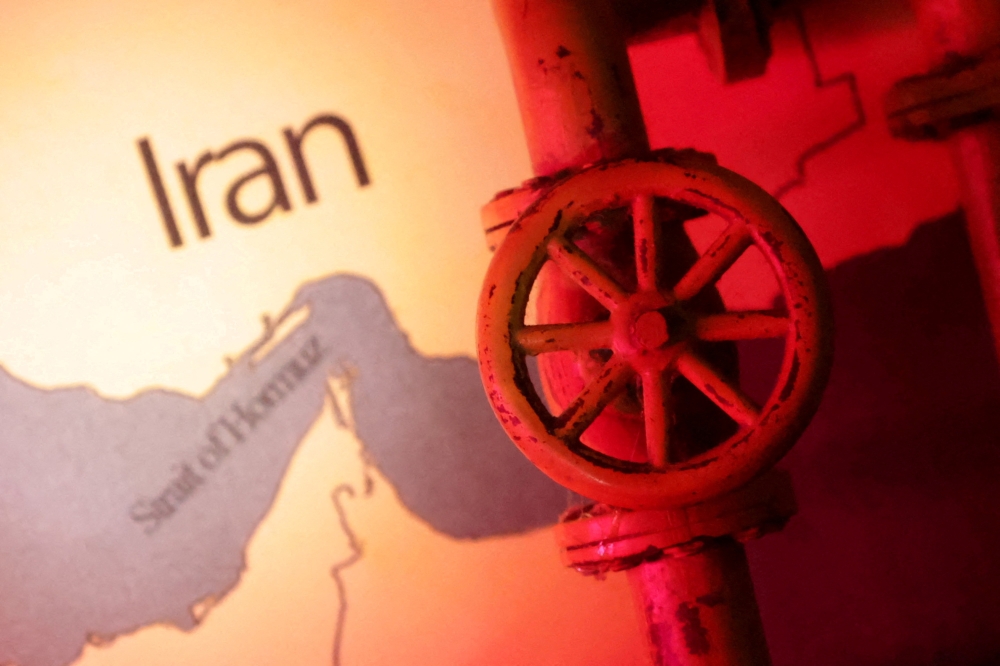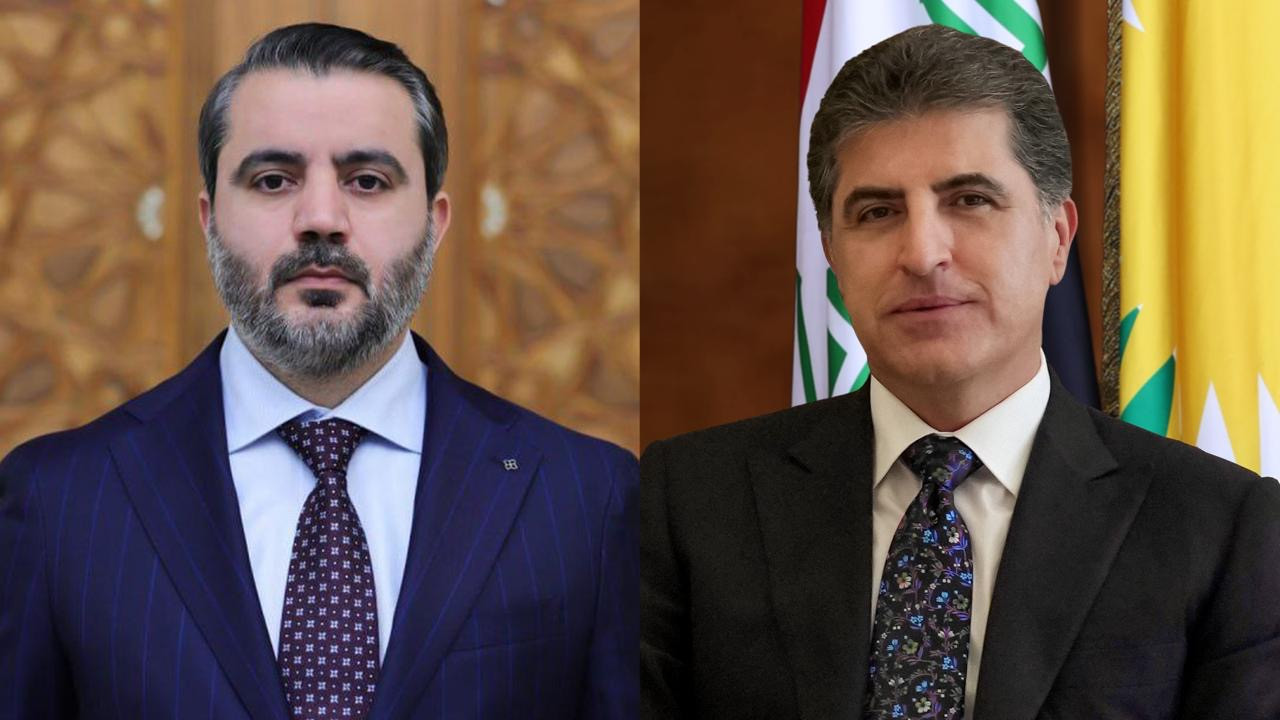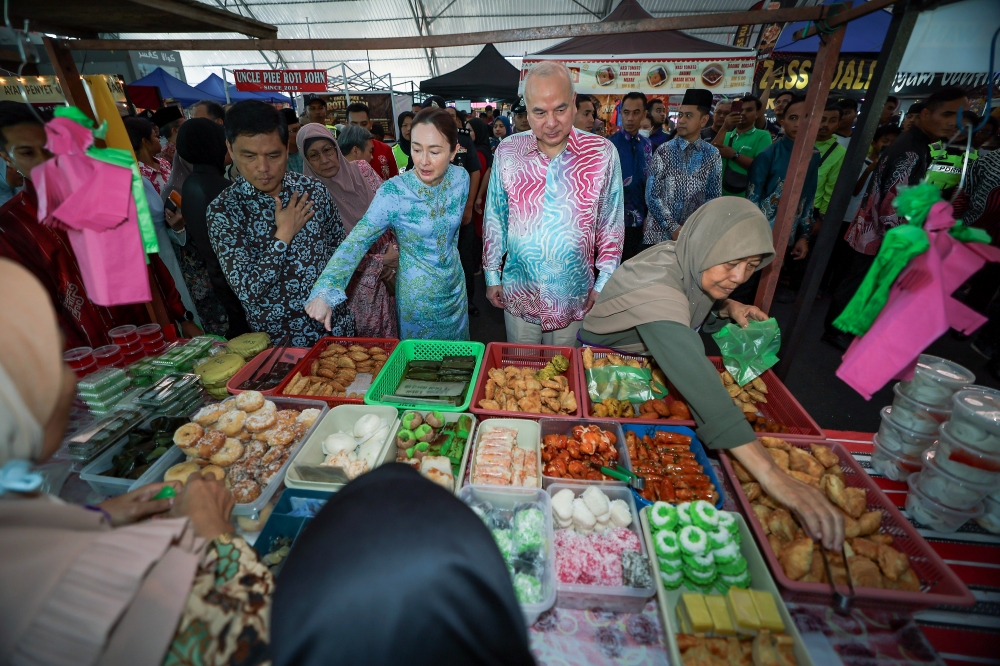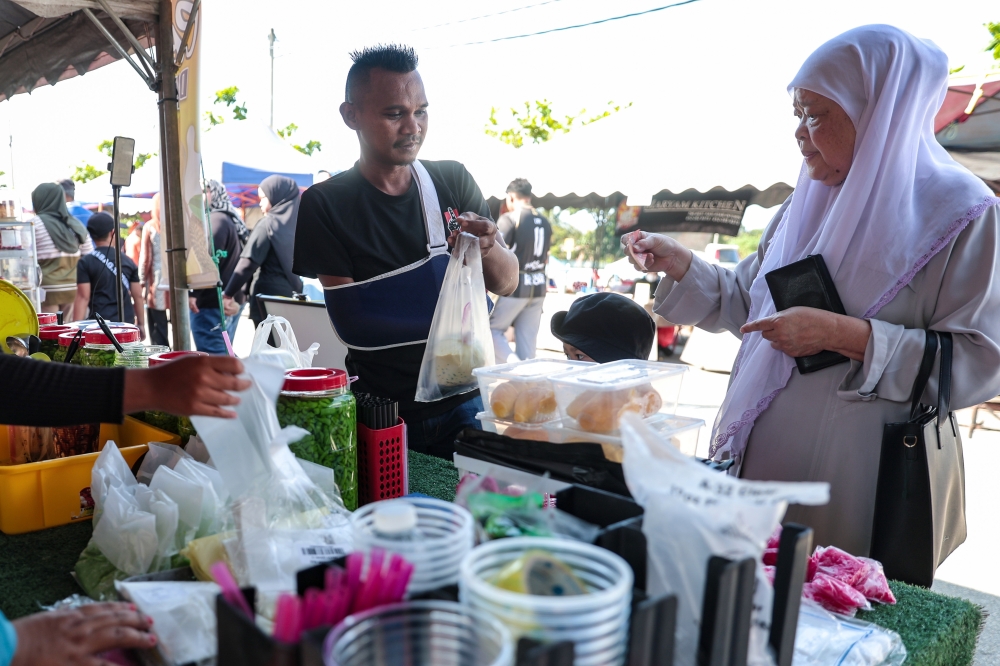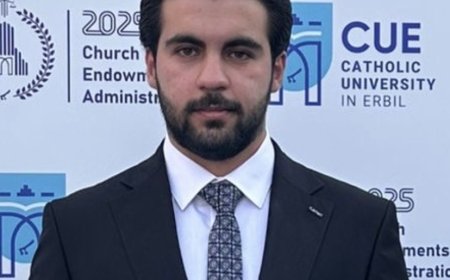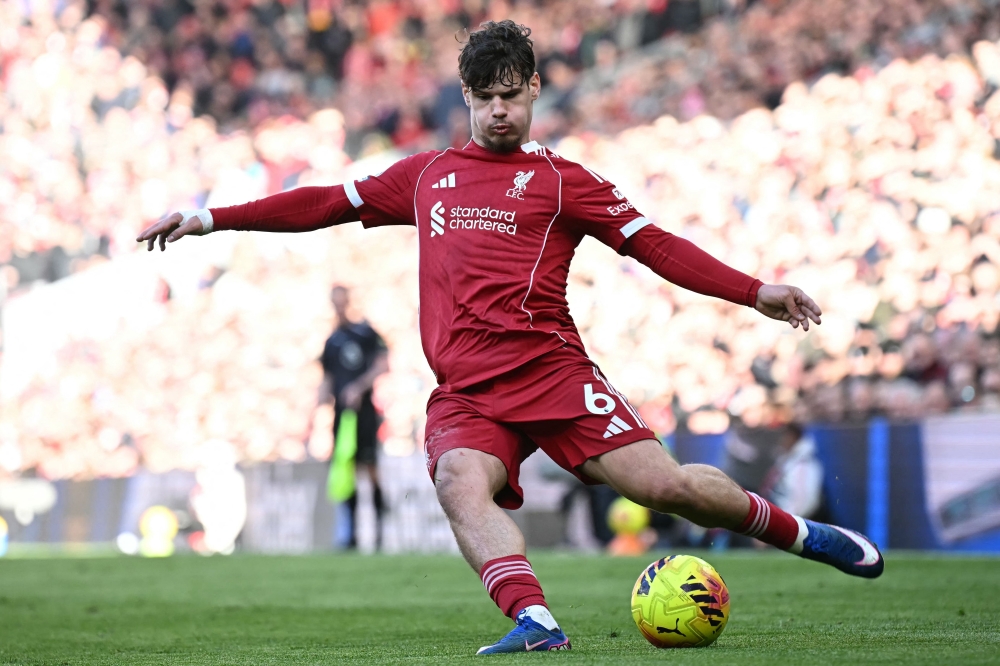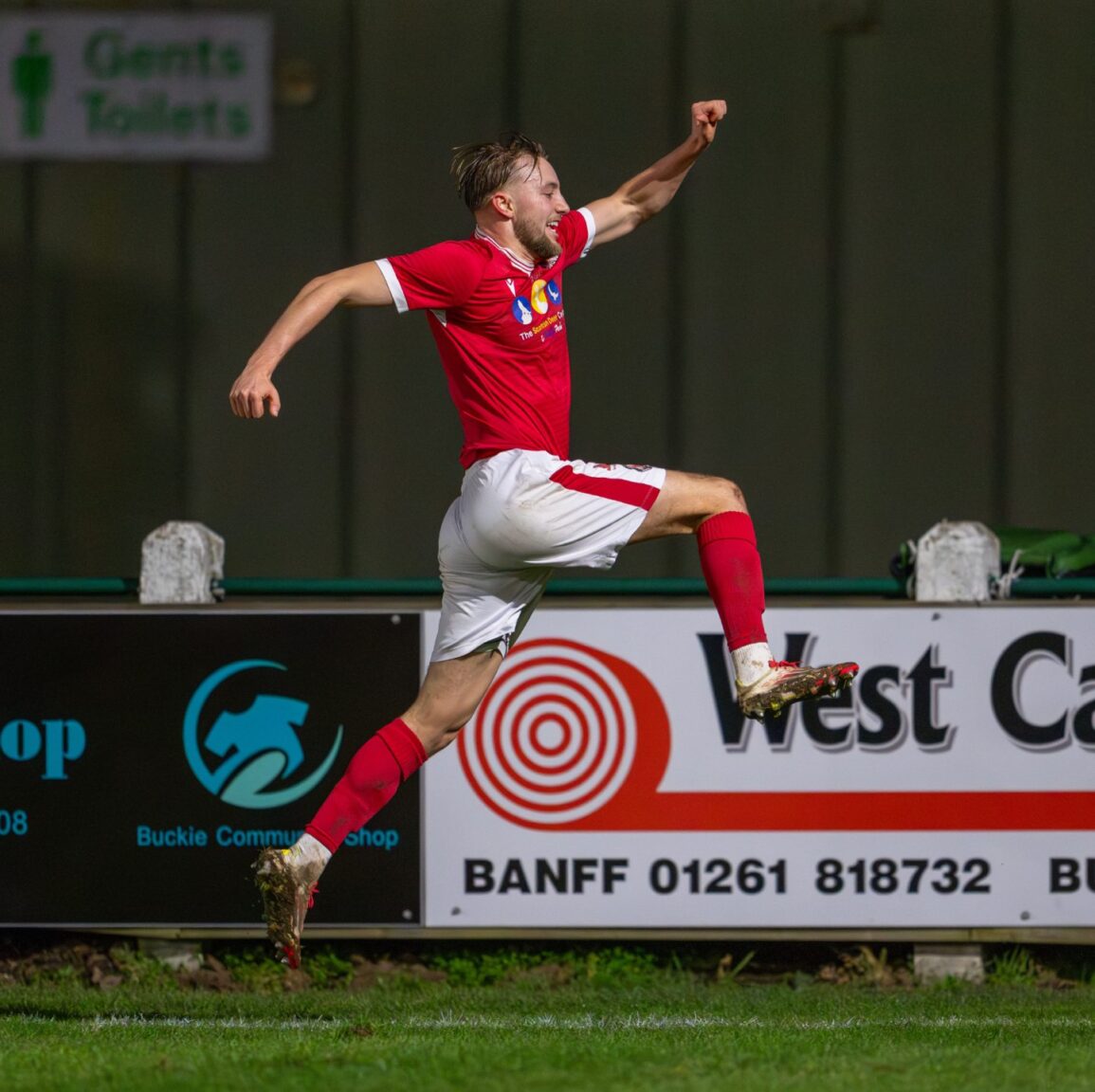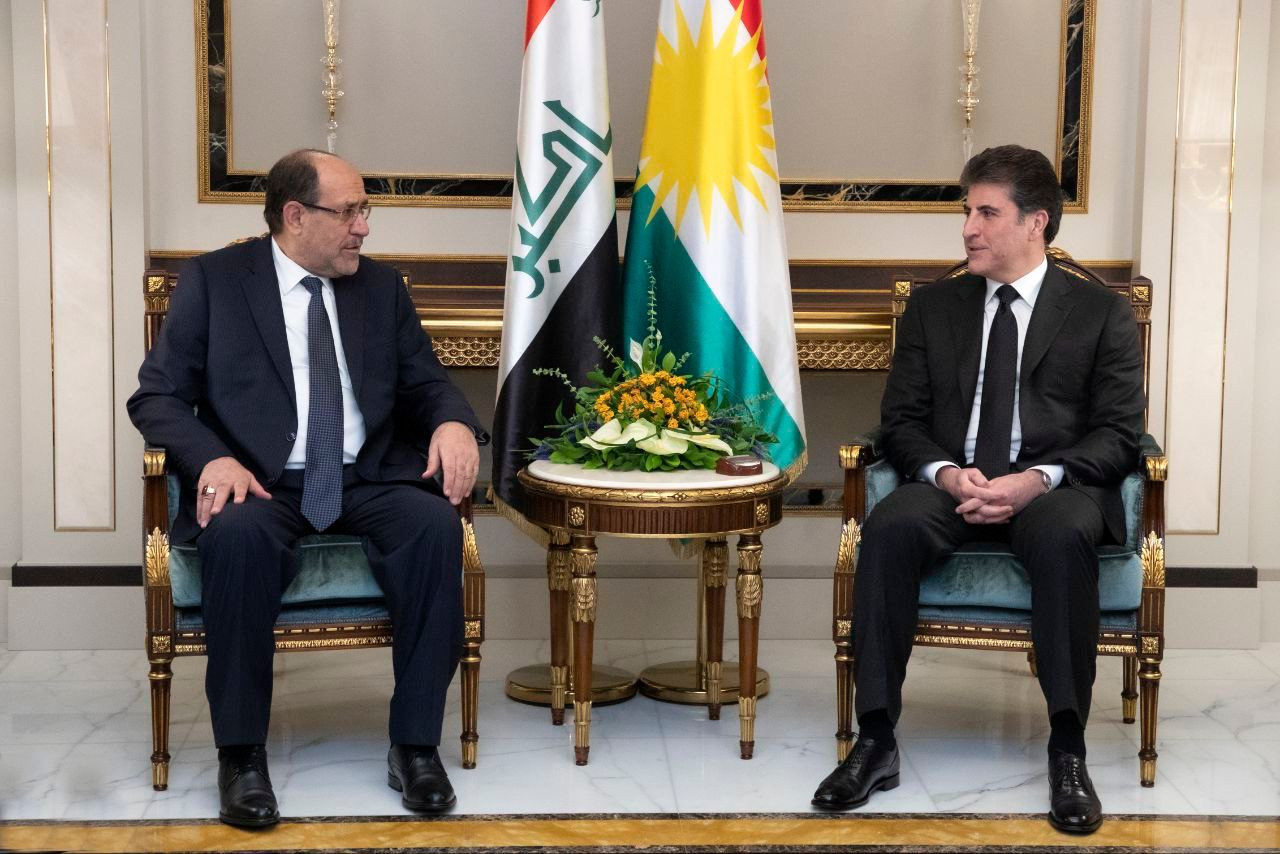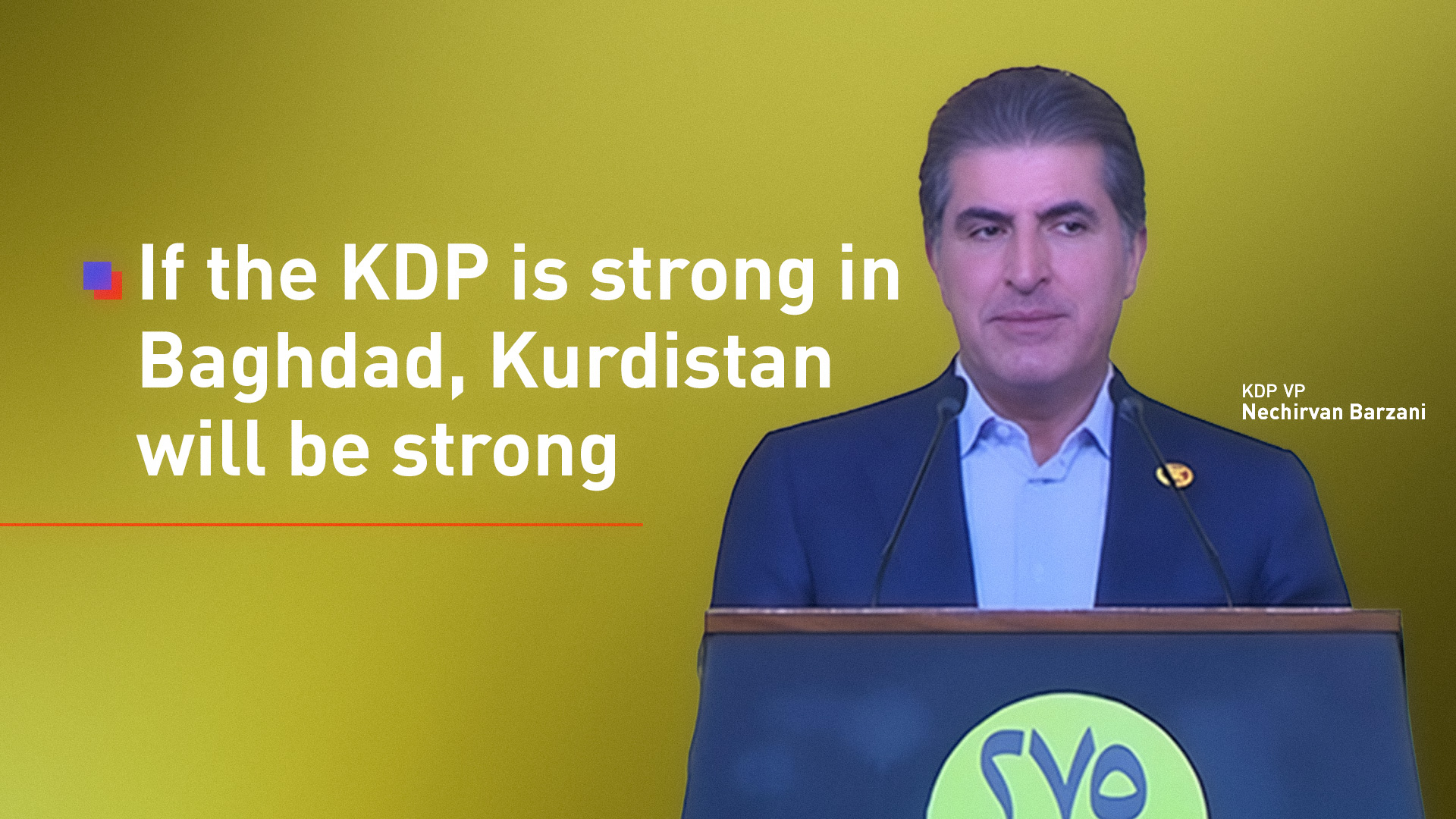Turkey visit highlights President Barzani’s role as regional peace architect: Experts

ERBIL, Kurdistan Region - Kurdistan Region President Nechirvan Barzani’s visit to Ankara comes at a sensitive time for the region, when several critical dossiers in which he plays a key role remain unresolved. Chief among them, experts told Rudaw, are the ongoing peace talks between the Turkish state and Kurdish rebels.
President Barzani arrived in Ankara on Thursday, where he held high-level talks with Turkish President Recep Tayyip Erdogan and Foreign Minister Hakan Fidan, covering a broad range of political, economic and security-related issues.
One of the most immediate and tangible outcomes of the visit was Ankara’s unexpected decision to lift the flight ban on Sulaimani International Airport, which had been in effect since April 2023. President Erdogan agreed to lift the ban following a direct request from President Barzani.
Ziryan Rojhelati, director of the Rudaw Research Center, remarked that President Barzani’s visits to Turkey have consistently played a role in shaping regional dynamics. He added that this latest visit is particularly critical, as it comes ahead of the November 11 Iraqi parliamentary elections.
"Turkey wants [Iraqi Prime Minister Mohammed Shia'] al-Sudani to remain [in his post for another tenure]. They don't want [ex-premier Nouri] al-Maliki or someone other than Sudani to become prime minister [of Iraq], so from that perspective they may want to know whom the Kurdistan Region supports," said Rojhelati.
Regarding why Turkey values Nechirvan Barzani's opinion on Iraq's election outcomes, Rojhelati noted that the Kurdistan Region’s President “not only represents the Region, but also serves as the deputy leader of one of the largest political parties in both Iraq and the Kurdistan Region” - the Kurdistan Democratic Party (KDP).
He added that the KDP "has the capacity to play a significant role in shaping the formation of the future Iraqi Council of Ministers, and in that regard, the opinion of the Kurdistan Region President carries considerable weight."
President in peace
Kadir Temiz, head of Turkey’s leading think tank - the Center for Middle Eastern Studies (ORSAM) - emphasized President Nechirvan Barzani’s influential role in regional affairs, particularly in the ongoing peace talks between Ankara and the Kurdistan Workers’ Party (PKK).
Temiz noted that the peace process - commonly referred to by Turkish officials as the “Terror-Free Turkey” initiative - "is a process that impacts our relations with all neighboring countries.
He added that President Barzani “is one of the key leaders in Northern Iraq and the Turkish government recognizes the significance of Nechirvan Bey [Sir, in Turkish] and other influential figures in Kurdish politics when it comes to our relations with Iraq. That is why Turkish officials prefer to engage in discussions on many developments directly with them."
The prominent Turkish analyst and academic argued that the peace process could indeed yield significant results, “especially after the PKK lays down its arms and is dissolved.”
Temiz emphasized that the process is not solely a Turkish matter but “also concerns Northern Iraq.” For this reason, he anticipated that the PKK’s disarmament and dissolution “will be a key topic in discussions with Mr. Nechirvan.”
In May, the PKK officially declared its dissolution, bringing an end to its four-decade-long armed campaign. This decision followed an appeal from its imprisoned leader, Abdullah Ocalan, urging the group to pursue a political resolution to a conflict that has claimed nearly 40,000 lives.
As a symbolic gesture of goodwill, the first group of PKK fighters publicly burned their weapons during a ceremony held in the Kurdistan Region’s eastern Sulaimani province in early July.
Later that month, the Turkish parliament established a special commission tasked with charting a path toward lasting peace. Following the end of the parliament’s summer recess last week, the commission is now expected to submit its recommendations later this year.
[Source: Rûdaw English]

